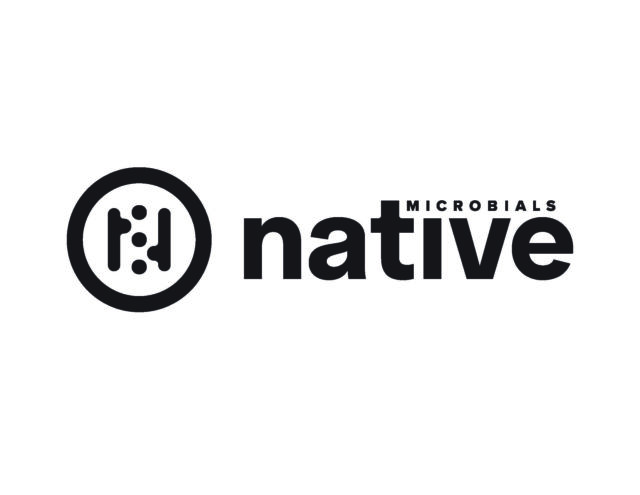Last year, Irish farmers got hit with a difficult directive to cut greenhouse gases by 25% and overall carbon emissions by 51% before 2030. With such a big task and so little time, it was estimated that the national herd would have to be reduced by 1 million head, or about 14%. In addition to arguing that the directive was unreasonable, Irish farming organizations pointed out that doing so would make many farms unviable. Nonetheless, with other industries forced to make larger cuts, some groups and politicians argued that the government wasn’t being hard enough on the farming industry. In the haze of such contention, Irish agriculture has found itself denigrated at times, and in particular, the production of meat vilified.
With so much on the line, the national governing body representing Irish agriculture, Teagasc (pronounced “cheye-gus”), went to work. They knew that the battle was ultimately won or lost in the mind of the public, to whom political parties ultimately answer. In response, last autumn Teagasc organized a conference in Dublin titled “The Societal Role of Meat – What the Science Says.”
The purpose of the international summit was to bring scientists from around the world to speak on the complexity of the impact that meat and animal products have on modern society. In doing so, researchers could present data that argued that the growing notion of meat being bad for the environment and a person’s health is oversimplified and often misguided.
The first group of speakers addressed the nutritional aspects of meat. For several decades, it has been suggested that the consumption of red meat can lead to a higher risk of heart attacks and cancer. Several researchers at the summit showed why the data behind these statements is dismissible, as there hasn’t been conclusive evidence to make those claims. In fact, research suggests that the health concerns regarding red meat consumption are negligible. Their assertions agree with new studies being released, including five systematic studies published in the Annals of Internal Medicine in 2019 that also concurred that there are no detrimental effects associated with eating red meat.
In addition to not being harmful, meat is essential in meeting the nutritional requirements of the human population. One speaker explained how it helped the human brain evolve larger and contains elements and compounds that are still necessary for brain development in children. In addition, meat is essential for fulfilling the global nutrient demand by humankind. While middle-class individuals from developed countries may have the resources to replace the minerals and amino acids found in meat with plant-based alternatives, most of the world’s population do not. For many parts of the world, meat is the only possibility to furnish all dietary necessities adequately. Nick Smith, a research officer at the Riddet Institute in New Zealand, concluded that it would be impossible to feed the world without animal products. Ruminants, while producing greenhouse gas emissions, also convert inedible protein – such as that found in grass – to nutrient-dense sources of food that humans can consume.
Finally, it was discussed by members of the summit how the “less meat” message tends to come from a position of Western privilege. From yak herders in the Himalayas to the advent of localized dairy industries in India, there are places on the globe where a handful of cattle are the difference between making a living and abject poverty. Small-scale agriculture is not just an image on a postcard in these places – it's a means of survival. In more developed nations, farming remains an important part of rural communities, as evidenced by the increasing poverty in American small towns that followed the decline of family farms.
To lend their authority to the debate regarding meat consumption, the speakers at the conference created the "Dublin Declaration of Scientists on the Societal Role of Livestock." This document lays out the importance of livestock systems to mankind, as well as the obstacles they pose, in order to create a complete picture of why agriculture is necessary to the world and how going vegan will not solve the planetary challenges we face. The petition was created to bring together scientists who are working “to achieve a balanced view of the future of animal agriculture.” To date, over 700 scientists have signed the declaration.
No one in Irish agriculture is denying the severity of climate change and the need for everyone to make changes to safeguard the future. However, as Teagasc’s summit in Dublin thoroughly explored, vastly reducing the number of livestock in the world is unlikely to be the best way to save the planet. Moving forward, those involved in the debate over meat consumption should be less entrenched in their viewpoints and look to the data. Ultimately, the discussion needs to be more nuanced. Reducing the environmental impact of livestock should be more about the way we farm as opposed to abolishing it, as well as recognizing the larger picture that includes the societal benefits – and necessity – of animal farming.







